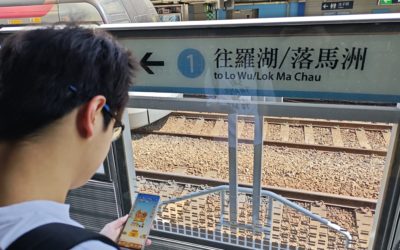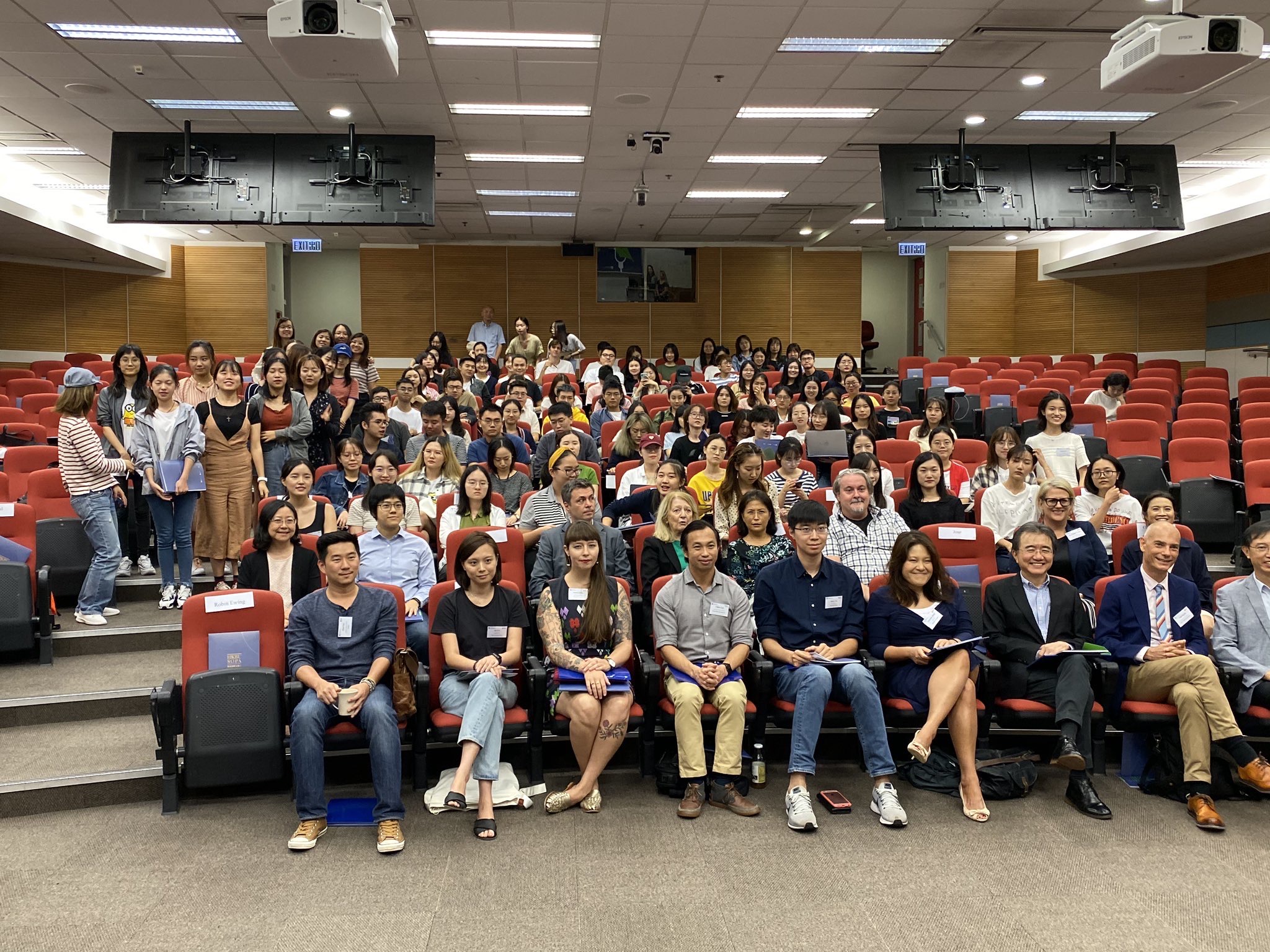Talks: Reporting in a time of mounting crisis in the US
Journalists more important than ever, says LA Times reporter
By Zhang Simin
October 2020
When news spread that US President Donald Trump, who had been resisting wearing a mask and downplaying the risk of coronavirus, had contracted the virus just weeks before election day, journalists were in unchartered territory.
It is indeed “interesting times right now in this country,” Kurtis Lee, a reporter with the Los Angeles Times, said in a video lecture for journalism students at Hong Kong Baptist University on Oct.15. The journalist shared several stories he had worked on in the last couple of months.
While 2020 has been bad for most countries in the world, it’s been especially challenging for the US, as it grapples with an economic downturn, the pandemic and the ongoing wave of civil unrest and political uncertainty.
Lee, who writes primarily about race, criminal justice and equality, said that in his reporting, he strove to present voices from ordinary people, their views and experiences.
The president’s diagnosis came as the coronavirus was roaring across the country and people were criticising Trump’s handling of the pandemic.
There are a mixture of opinions on the president’s contracting of Covid-19, Lee said. For some, the president deserved it; some suspect it’s a lie, and others point to the country’s healthcare disparity and how the outbreak has especially taken a toll on the black population. A man who lost his sister to the virus said to the reporter if his sister had the healthcare that the president had, “she would be still be here today.”
The pandemic is not affecting everyone the same. As unemployment benefits and small business loans expire, congress is still haggling about next steps. A lot of people are struggling to stay afloat.
Lee spent days in the small interstate town of Lordsburg, New Mexico, which relies on gas and lodgers’ taxes. He talked to a laid-off clerk from the local history museum and restaurant owners to see how their lives have changed.
The election year is also underscored by national protests against police brutality triggered by the deaths of George Floyd and Breonna Taylor, both black people killed by police. The grand jury’s decision to not charge the Kentucky police officer who killed Taylor further inflamed protesters.
Lee spent time with protesters demanding justice for Taylor and also did a special profile on the Minnesota Freedom Fighters – a group of armed black men formed in the aftermath of George Floyd’s killing in response to the community’s call to protect small businesses from destruction. They are not anti-police but rather acting as a bridge between the police and the protesters with the aim to foster better relationships, he said.
“It’s important to have men from the community step up for the community,” he quoted the city’s director of the Office of Violence Prevention in his article.
For a black reporter covering racial unrest, Lee bears an additional burden. He has faced skepticism and rejection sometimes from people presuming that he is pushing a certain agenda. But he told us what he strives for in his reporting is to be honest and to tell the truth, to “keep the American people updated and up-to-date on facts,” instead of creating false equivalence.
Journalists play an even more important role during an unprecedented crisis like this.
“It’s a good time to be a journalist,” he said.

It’s a good time to be a journalist.

Burned out Chinese teachers struggle with school responsibilities
It’s after 10pm and the city streetlights have long been on in southeastern China. Melisa returns home, exhaustion written on her face. All she wants is a shower
The unseen creators: how AI powers the mini-games becoming online hits in China
In three quick strokes, a blue-haired swordsman unleashes curved, shining blue blades for an attack that appears effortless as it takes down three masked opponents. Moments later, the swordsman stands still with a steely gaze and a calm face.
Loneliness drives new ‘accompanying economy’
Solo travelers hire “photo companions” for travel pics and conversation








